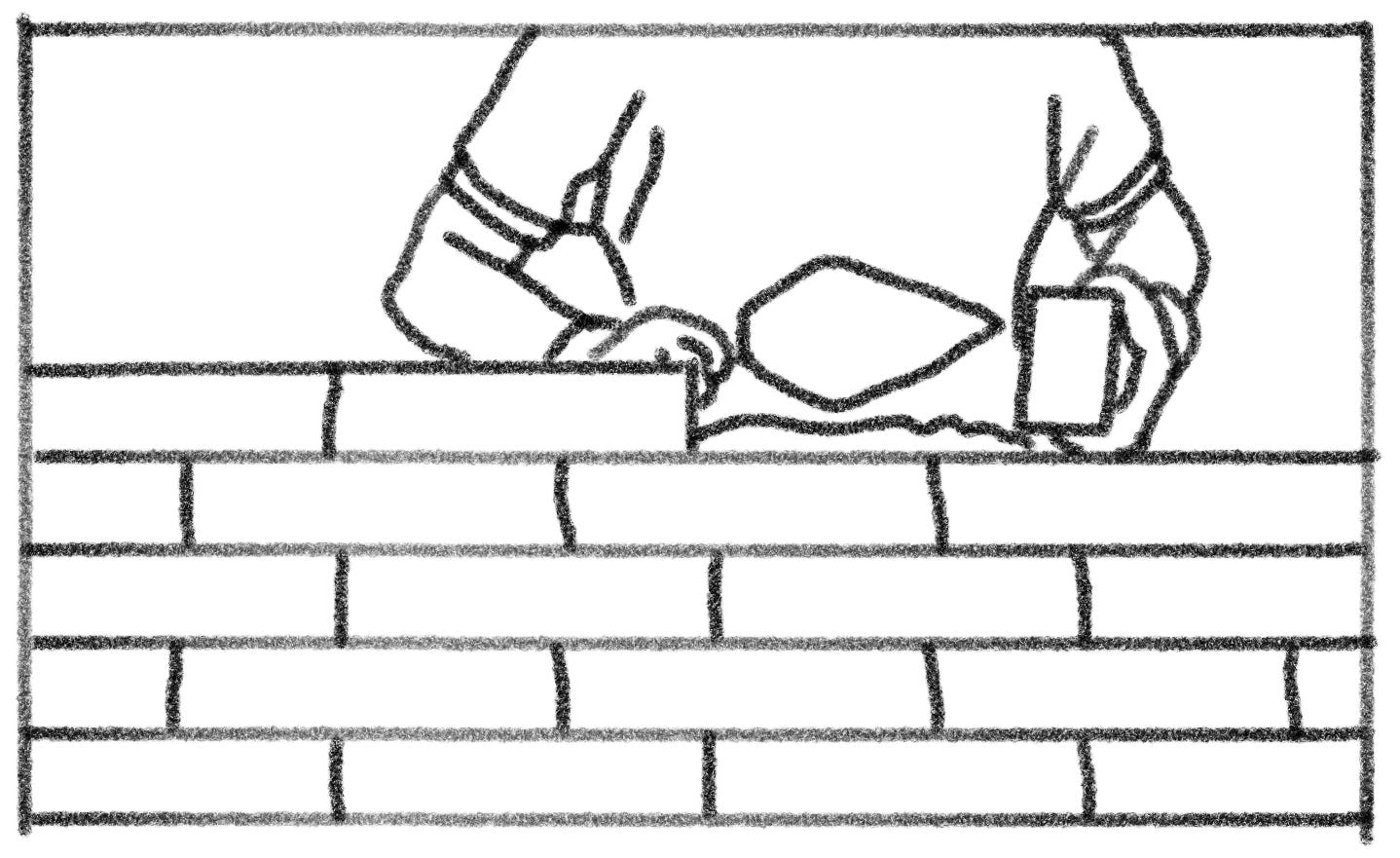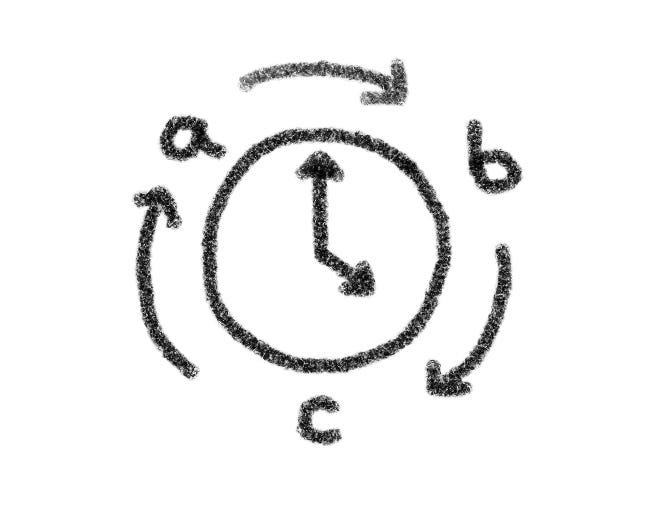My last YouTube video has surpassed all my expectations. It has nearly 80k views and is the #1 most viewed video out of my last 10 uploads, beating second place by nearly 40k views.
I’ve spent a lot of time reading through comments and I’ve noticed that the most common concern with the ideas in the video has to do with monotony during the production phase.
Here is a paragraph from a top-rated comment that expresses this concern quite well:
“One critique I want to make and that you should address is, as a fellow solo developer, it is really important for me to break up the monotony, working too long on systems or content production can be draining mentally. On the other hand, alternating between content production and systems can really be fulfilling once you get into a sustainable rhythm.”
They bring up a good point about monotony and how it might lead to burnout. This is certainly an issue that needs to be addressed.
Here are 5 ways that I have found to help reduce monotony in my own projects.
1. Switching between Production and Pre-production
A few commentors have suggested switching between the pre-production phase and the production phase of their game to break up this monotony.
In my experience, this is a dangerous suggestion. The pre-production phase and production phase need to be separate and distinct. If you blur the lines between the phases, it is difficult to make reliable progress (despite hours of work).
While these two phases should have clear boundaries for a single game, if you have multiple projects, you can break up your day with the two phases.
As an example, I’m working on Tic Tac Tanks which is in production but I’m also working on Demonlocke (usually in the morning when I’m feeling creative) which is still in pre-production. Sometimes I also prototype new ideas on paper instead of working on Demonlocke.
I don’t think I could manage having more than 1 project in production, but it’s easy for me to juggle multiple prototypes in pre-production. Especially since I’m not really committed to any of them. Ideally, by the time I launch Tic Tac Tanks, I’ll have a new prototype ready for production to take its place.
2. Create a Routine
“Rather than restricting your freedom, a routine gives you freedom by protecting you from the ups and downs of life and helping you take advantage of your limited time, energy, and talent.”
- Austin Kleon, Keep Going
I know this is going to sound counter intuitive but creating a routine can help reduce monotony as it frees you from the mental cost of making decisions. Brushing my teeth every night isn’t monotonous to me, sometimes I don’t even notice that I’ve done it.
3. Minimums and Gaining Momentum
“When nothing seems to help, I go and look at a stonecutter hammering away at his rock, perhaps a hundred times without as much as a crack showing in it. Yet at the hundred and first blow it will split in two, and I know it was not the last blow that did it, but all that had gone before.”
- Jacob A. Riis
Setting a minimum for the day can be helpful in reducing monotony. During the production phase of Tic Tac Tanks, I was tasked with creating most of the puzzles for the game. Tic Tac Tanks has 50 hand crafted puzzles and making all those levels wasn’t exactly glamourous. I started to feel the monotony of the task about 15 levels in.
However, I set a minimum of 2 levels each day. I could tolerate the monotony of making 2 levels. I used the other time I had to work on polish or other business-related issues.
Making progress on a project every day, even if it is small, builds momentum and helps me to state motivated.
4. Walks and Exercise
“Give me six hours to chop down a tree and I will spend the first four sharpening the axe.”
- Abraham Lincoln
I’ve had a habit of exercising every day for a while now. I love taking a quick break from work to go on a walk or lift some weights. Exercise helps me work through any problems I’m facing and breaks up my work with mental rest periods.
5. Music
I love listening to music while I’m working on less cognitively demanding tasks. In particular, I love listening to indie game soundtracks. Most of the time they don’t have lyrics and so the music doesn’t distract me from what I’m working on.
Conclusion
I hope these 5 tips are helpful to you. We all find our own ways of dealing with monotony and avoiding burnout.
At the end of the day though, there is a hard truth: Monotony is going to be part creating and finishing your game. We can reduce it but there is no way to completely remove it.
“The greatest threat to success is not failure but boredom. We get bored with habits because they stop delighting us. The outcome becomes expected. And as our habits become ordinary, we start derailing our progress to seek novelty.”
- James Clear, Atomic Habits
Let me know in the comments below if you have other tips that have helped you reduce monotony in your projects.
Thanks for reading,
Ben




